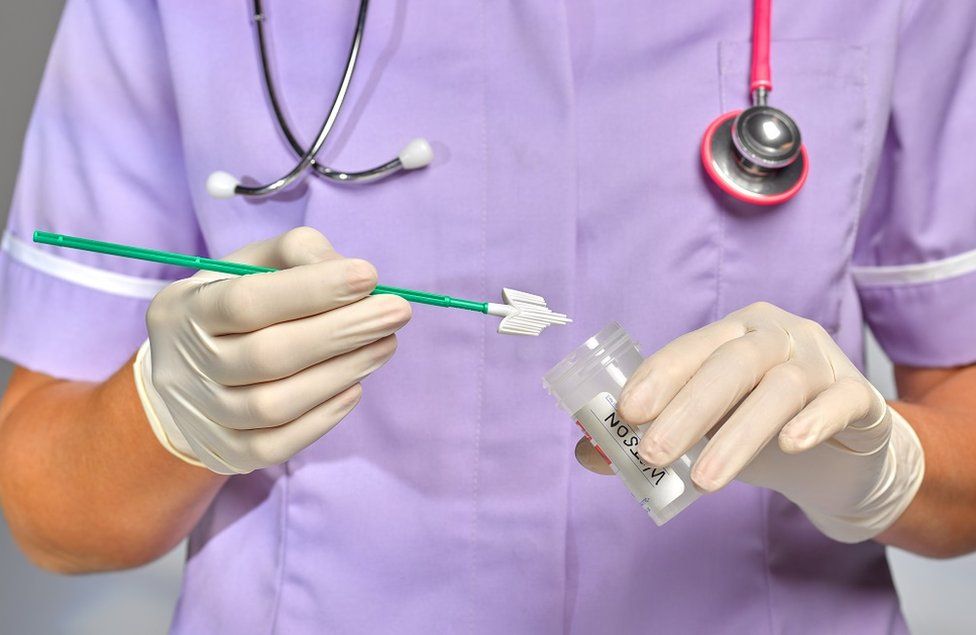National trial safely scaled back prescribing of a powerful antipsychotic for the elderly
Advanced cell atlas opens new doors in biomedical research
Smear tests of 3,000 women to be reviewed
 The Southern Health Trust says the move is not out of concern but to provide extra assurance....
The Southern Health Trust says the move is not out of concern but to provide extra assurance....Read more https://www.bbc.co.uk/news/uk-northern-ireland-68893905